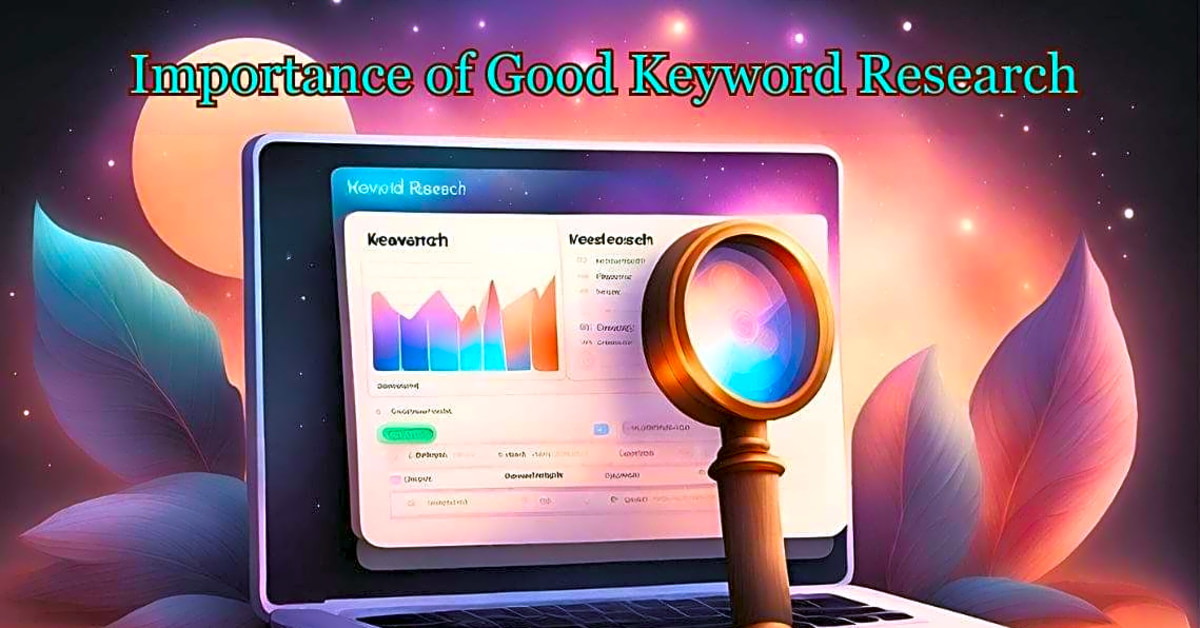In the ever-evolving world of search engine optimization (SEO), content optimization has become a crucial aspect for boosting your online presence. With the constant updates and changes to search algorithms, it is essential for businesses and websites to stay on top of their content game in order to rank higher in search results. But what exactly is content optimization and how can it help improve your SEO strategy? In this article, we will dive deep into the world of content optimization for SEO and provide you with valuable tips and strategies to help you stay ahead of the game. So, if you’re ready to take your online presence to the next level, let’s get started!
To begin with, let’s define what content optimization for SEO means. Simply put, it is the process of creating and optimizing your website’s content to rank higher on search engine results pages (SERPs). This involves using relevant keywords, optimizing meta titles and descriptions, and creating high-quality content that provides value to your audience. By doing so, you can increase your chances of appearing in front of potential customers when they search for products or services related to your business. For example, if you own a social media marketing agency, optimizing your content for keywords like ‘social media marketing strategies’ can help you attract potential clients who are specifically interested in this topic.
Moving on to the specifics of content optimization, there are various tactics that can help you achieve better SEO results. These include conducting keyword research to identify relevant and high-volume keywords to target, creating high-quality and engaging content that provides value to your audience, optimizing meta tags and descriptions with targeted keywords, and building backlinks from reputable websites. It’s important to note that while using keywords is crucial for SEO, it’s equally important to avoid overstuffing them in your content. Aim for a natural use of keywords that enhances the readability and value of your content.
Another important aspect of content optimization for SEO is creating content that is shareable and linkable. This means creating content that is highly valuable and informative, making it more likely to be shared by your audience on social media or other platforms. Additionally, you can increase your chances of getting backlinks by reaching out to other websites and offering to guest post or collaborate on content. These backlinks from reputable websites not only drive traffic to your website but also signal to search engines that your content is valuable and relevant.
When it comes to specific SEO strategies, there are several options to consider depending on your business goals. For those looking to increase brand awareness, creating high-quality and shareable content, optimizing for local SEO, and utilizing social media marketing can be effective. For businesses aiming to drive website traffic, focusing on keyword optimization, creating long-form and informative content, and using paid advertising can be beneficial. And for those looking to boost sales, optimizing for product keywords, utilizing email marketing, and leveraging user-generated content can be effective strategies.
While there are various opinions on what constitutes the best SEO strategy, it’s important to remember that it ultimately depends on your business goals and target audience. Experimenting with different tactics and analyzing the results can help you determine what works best for your business.
Creating Engaging Content
When creating content, focus on providing value and engaging your audience. This not only improves your chances of ranking higher on SERPs but also encourages shares and backlinks.
Keyword Research: Finding the Right Keywords
When conducting keyword research, consider the search intent behind the keywords. Are people searching for information or looking to make a purchase? This can help guide your content creation and optimization efforts.
Building Backlinks
Backlinks from reputable websites signal to search engines that your content is valuable and relevant. Reach out to other websites and offer to guest post or collaborate on content to increase your chances of getting backlinks.
Optimizing Meta Titles and Descriptions
When it comes to content optimization for SEO, one of the key aspects that often gets overlooked is optimizing meta titles and descriptions. These are the first things potential customers see when your website appears on a search engine results page, making them crucial for attracting clicks and driving traffic to your site.
Meta titles and descriptions should be optimized with relevant keywords that accurately reflect the content on your page. This helps search engines understand what your page is about and increases the chances of it appearing in relevant search results. Additionally, meta titles and descriptions should provide a clear and enticing description of your content, encouraging users to click through to your site.
When crafting meta titles and descriptions, it’s important to keep them concise and to the point. They should accurately summarize the content on your page and include relevant keywords without being too long or spammy.
Overall, optimizing meta titles and descriptions is a crucial step in content optimization for SEO. By ensuring they are optimized with relevant keywords and provide a clear and enticing description of your content, you can increase your chances of attracting more clicks and driving more traffic to your website.
Tailoring Your SEO Strategy to Your Goals
When it comes to optimizing your content for SEO, it’s important to consider your business goals. After all, the whole purpose of content optimization is to increase your online presence and ultimately achieve your objectives.
Whether you’re looking to increase brand awareness, drive website traffic, or boost sales, there are different SEO strategies that can help you achieve these goals. By tailoring your SEO strategy to your specific goals, you can ensure that your efforts are focused and effective.
For example, if your main goal is to increase brand awareness, then you may want to focus on creating high-quality, informative content that showcases your expertise and establishes your brand as a thought leader in your industry. On the other hand, if driving website traffic is your priority, then you may want to focus on implementing keyword optimization techniques and using social media to promote your content.
No matter what your goals may be, there are various tactics that can be incorporated into your SEO strategy to help you achieve them. So before diving into content optimization for SEO, take some time to identify your business goals and tailor your strategy accordingly.
Content optimization for SEO is a crucial aspect of any successful online marketing strategy. By understanding the search intent behind potential customers’ queries and creating high-quality, valuable, and shareable content, you can effectively promote your business online. Remember to continuously analyze and adjust your SEO efforts to find what works best for your specific business goals and target audience. Use HTML structure with only for main keywords and
for paragraphs, do not use “newline character”.


